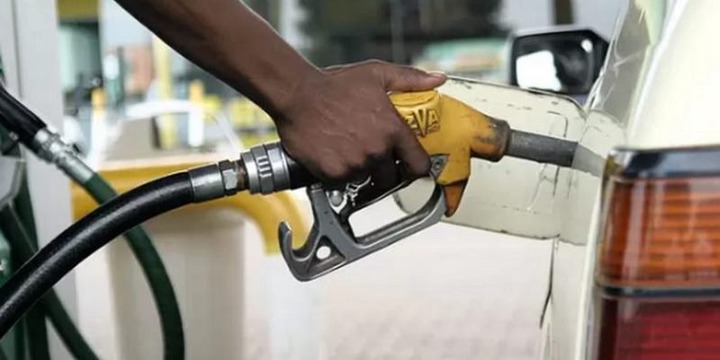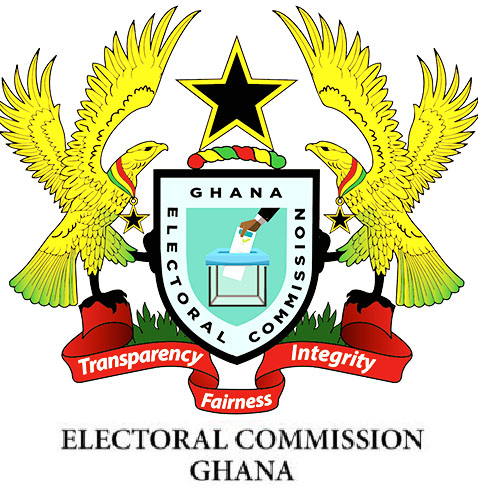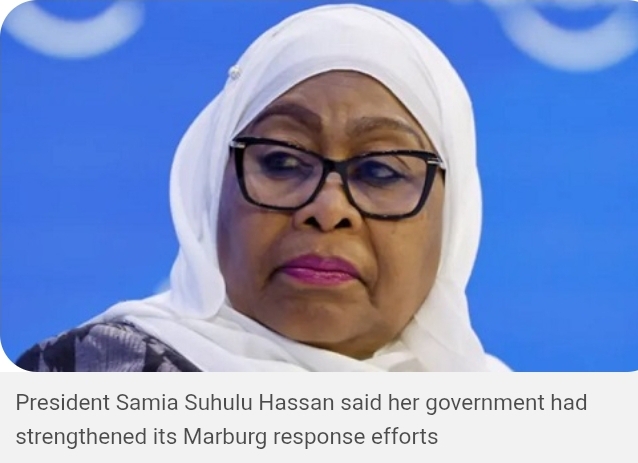Fuel prices in Ghana are anticipated to decrease by between five and nine per cent in the next pricing cycle, as forecasted by the Africa Sustainable Energy Centre (ASEC).
This expected reduction is primarily linked to the recent strengthening of the Ghanaian cedi against the US dollar. Ghana’s fuel pricing system operates on a biweekly schedule, with adjustments based on fluctuations in global oil prices, currency exchange rates, and import expenses.
In the forthcoming pricing window, petrol is projected to be priced between GHS 12.00 and GHS 12.60 per litre, while diesel is expected to retail between GHS 12.60 and GHS 13.20 per litre, according to ASEC’s latest market analysis.
The centre pointed out that international crude oil prices have decreased from approximately $85 per barrel in January to around $64 per barrel at present. However, it is the recent appreciation of the cedi that has had a more immediate impact on local fuel prices. As petroleum imports are transacted in dollars, a stronger cedi lowers the procurement costs for oil marketing firms.
“The current gains in the exchange rate imply that importers are spending fewer cedis for each dollar of fuel acquired, and this is anticipated to be reflected in reduced pump prices,” ASEC stated. “This development is a welcome relief for Ghanaians grappling with rising living costs.”
Nonetheless, ASEC cautioned that while the price decrease is advantageous for consumers, it may negatively impact government revenue. Ghana, which exports crude oil, relies heavily on international prices for a substantial portion of its foreign exchange and budgetary income. With crude oil trading at around $64 per barrel—down over 24 per cent since January—the government is likely to see diminished earnings from petroleum-related exports.
“Unless the exchange rate is the primary factor behind these declines, falling global oil prices typically lead to revenue shortfalls,” ASEC remarked. “The government might need to increase production volumes to meet revenue targets.”
The think tank also noted that if current trends persist, further reductions in fuel prices could occur in the latter half of the year. International crude prices are expected to hover between $62 and $65 per barrel, influenced by increased production from OPEC+ and weakened global demand, particularly from major economies such as the US and China.
ASEC affirmed its commitment to monitoring the market and providing data-driven insights to inform national policy. It urged the government to strike a balance between consumer relief and strategies that ensure long-term energy security and fiscal stability.
Fuel prices remain a crucial economic indicator in Ghana, impacting inflation, transportation, and the overall cost of goods and services. Although the anticipated reduction is likely to be temporary, it is expected to provide some relief to households and businesses amidst ongoing efforts for economic recovery.











